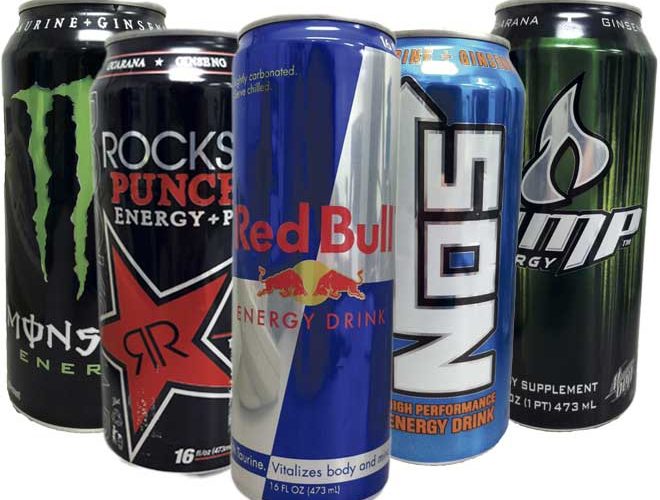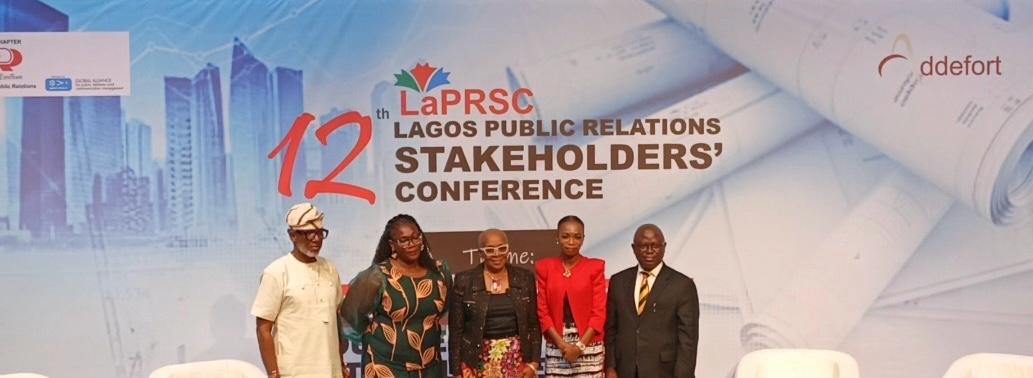By Felicia Nwosu
Energy drinks are widely promoted as products that increase energy, enhance mental alertness and physical performance. The story of Nigerian energy drink segment of the beverages market gets interesting each day, as the industry keeps growing in leaps and bounds while evolving at a very fast speed.
Nigerians are hardworking people, and therefore need all the energy they can get for their daily activities. Nowadays, the consumption of energy drinks have become increasingly prevalent among young adults and adolescents, particularly young students and athletes who abuse energy drinks as an easy and quick way to boost academic and athletic performance as well as mood stimulants.
Global energy drink sales reached a value of $53.01 billion in 2018 and are expected to grow at a Compound Annual Growth Rate (CAGR) of 7.20% to reach $86.01 billion by 2026, according to Allied Market Research. Energy drinks are part of the broader soft drink category. Being a lucrative and viable sector, Nigeria’s energy drink segment of the market has been forecasted to have a yearly consumption growth of over 6.5% by 2022. This is slightly an increase in the 5% annual growth experienced between 2014 and 2016, which made the average consumption to be about 25.5 liters, according to the World Health Organisation (WHO) report.
The history of energy drinks in Nigerian cannot be complete without going back in time to energy-giving drinks in the Nigerian market in the early days, such as Lucozade.
Lucozade, from the stable of Suntory, buyers of the Lucozade and Ribena brands from GlaxoSmithKline in 2016, could be referred to as the first real energy drink in the Nigerian market. It was originally available in only one variety, which was effervescent with a distinctive sweet citric flavour and no caffeine. It was sold in a glass bottle with a yellow cellophane wrap. In 1983, it was extended to Lucozade Boost with the slogan “Lucozade replaces lost energy”. It was improved upon by innovation, research and development, and was targeted at lower income earners, as an offshoot of its popular but also expensive Lucozade brand. The content comes in different sizes such as 1 liter and 250 ml sizes, first in tetra packs, and now in plastic package, and the 330ml size in a can.
Power Horse, Red Bull and Bullet were the next to make grand entry into the Nigeria market in 1992, causing fierce competition in the evolving market. Their success paved way for other new entrants such Amber, Monster, Fearless, Gidigbo, Cway Energy Drink, Burn, Predator, Climax and Supa Komando.
Red Bull was originally introduced in 1987 in Austria. According to Euromonitor International, in 2013, Red Bull had about 32% of the worldwide market, while Monster had about 14%. Similar to Red Bull, Monster’s market capitalisation is nearly $20 billion, thus dramatically outperforming that of Coca-Cola Co.
Bullet Energy Drink Nigeria is a franchise of the Bullet Energy Drink Worldwide, the parent company whose creed is to provide anyone anywhere with bullish strength to carry out their daily activities and it has a bright blue 250ml can.
Amber, however, is one surprising new but well received brand in this sector. It was launched virtually during the peak of the Covid-19 pandemic lockdown. It is a premium energy drink from the stable of Amber Drinks Limited. Its bold entrance into the market and popular reception, promotions and activations across the states have helped it in gaining traction and driving sales in the Nigerian burgeoning Energy Drink market. If these are anything to go by, they have set it up as a brand to watch in the sector.
As competition hots up in the sector and consumers become more informed at taking buying decisions, energy drink makers do not have a choice but to step up their game in the efforts to satisfy the consumers. They are now more creative in their advertising, promotions, and sponsorships. For instance, the newly introduced economy sachet- size for low income earners by Supa Komando is targeted at wooing consumers through pricing.
Production and packaging is another way energy drink makers are employing to make their products more consumer-centric. The introduction of air-tight containers and cans to prevent absorption of moisture, which is the principal cause of loss of flavour and the introduction of many kinds of ready-to-drink, packaged products and bulk mixes for fountain dispensing, energy drink are available in almost every conceivable size and flavour and in virtually every channel of retail distribution.
The question now is: “what unique value proposition must an energy drink have to make it thick or ‘on point?”
The General Manager of Amber Drinks Ltd, Ms. Lola Adedeji, while responding to what the unique selling points of Amber is, said: “It will boost you naturally without being detrimental to your heart or to your liver, but it will give you the boost that artificial caffeine will give. And it’s also going to meet with some of your nutritional and economic needs.”

The brand manager of Fearless energy drink, Boluwatife Adedugbe, said what makes Fearless energy drink thick or unique is in the fact that, Fearless is an extremely functional product with extremely outstanding quality in terms of content. In her own words: “when you think of Fearless, you think of instant energy, you think of vigour, strength and courage.”
While trying to get the opinions of consumers in the streets, some of them shared different experiences and opinions. To some, what makes an energy drink tick is the packaging or the percentage of caffeine in it, while to others, it is the taste and the duration of the energy.
Odewale Oke, a civil engineer with a company at Lekki, said: “For me, what makes an energy drink tick is the quantity of energy it gives to me, because as an engineer, I burn lots of calories, so I need a drink that will be able to sustain me all through, and I always go for Amber Energy drink. The packaging is on point.”
An elderly bus driver at Ojuelegba, who called himself Baba Komoru, said: “I like Power Horse Oo! The energy na strong one, that’s why I no dey tire when I dey drive.”
Okoye Christiana, a business woman, said: “I take Fearless energy drink; it helps to neutralise my alcohol intake when I am drunk, I love its natural taste.”
Another young lady, Ginikanwa, who excitedly narrated how she came in contact with Amber in a BRT Bus, said she prefers Amber Energy drink, according to her, ”It helps to relieve menstrual pain for me, the taste of its caffeine is calm in the mouth when you drink it.”
Despite various brands available, consumers are still looking out for more unique taste from new brands, because, “variety, they say, is the spice of life”.






Comment
No comments found.